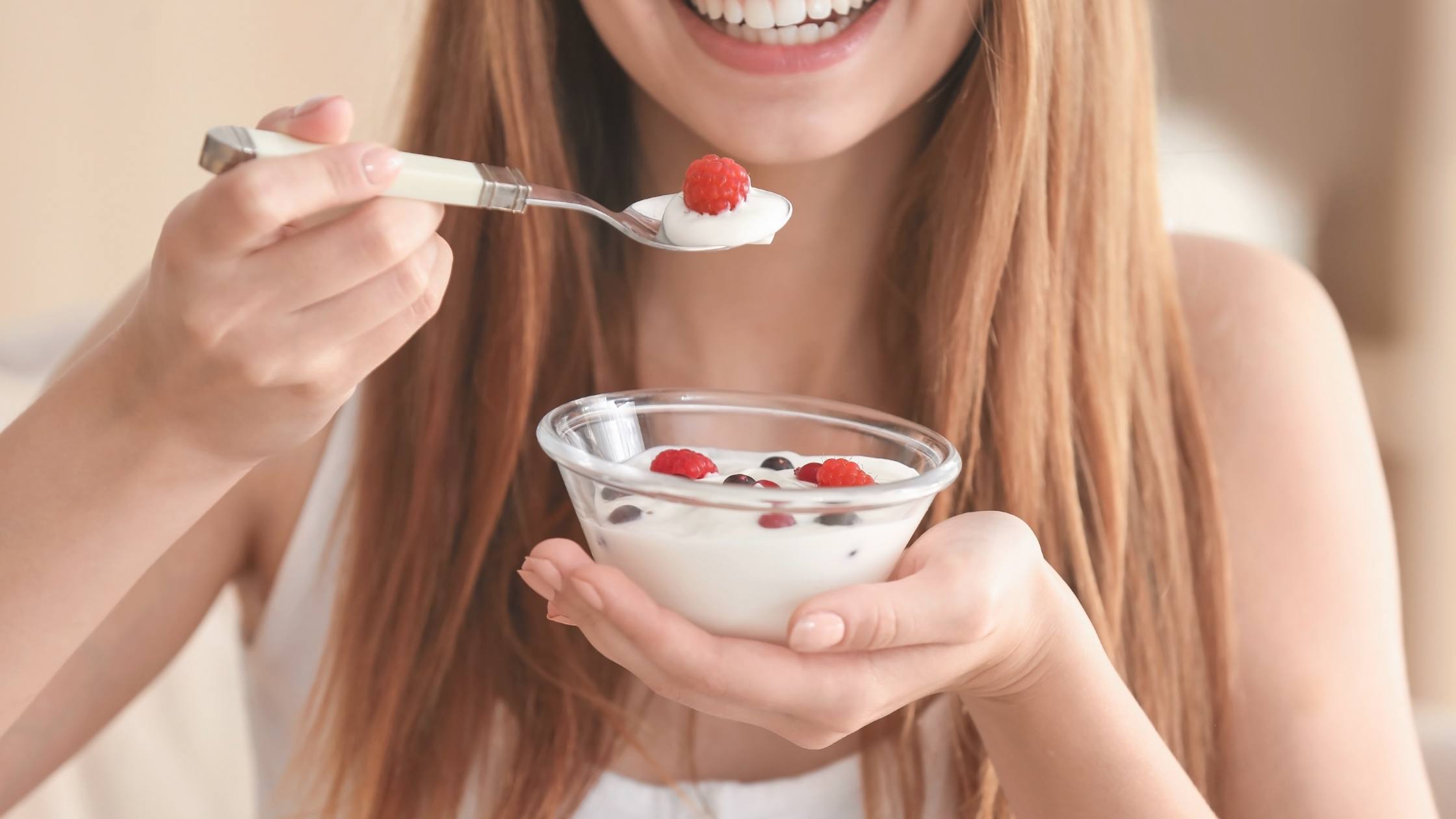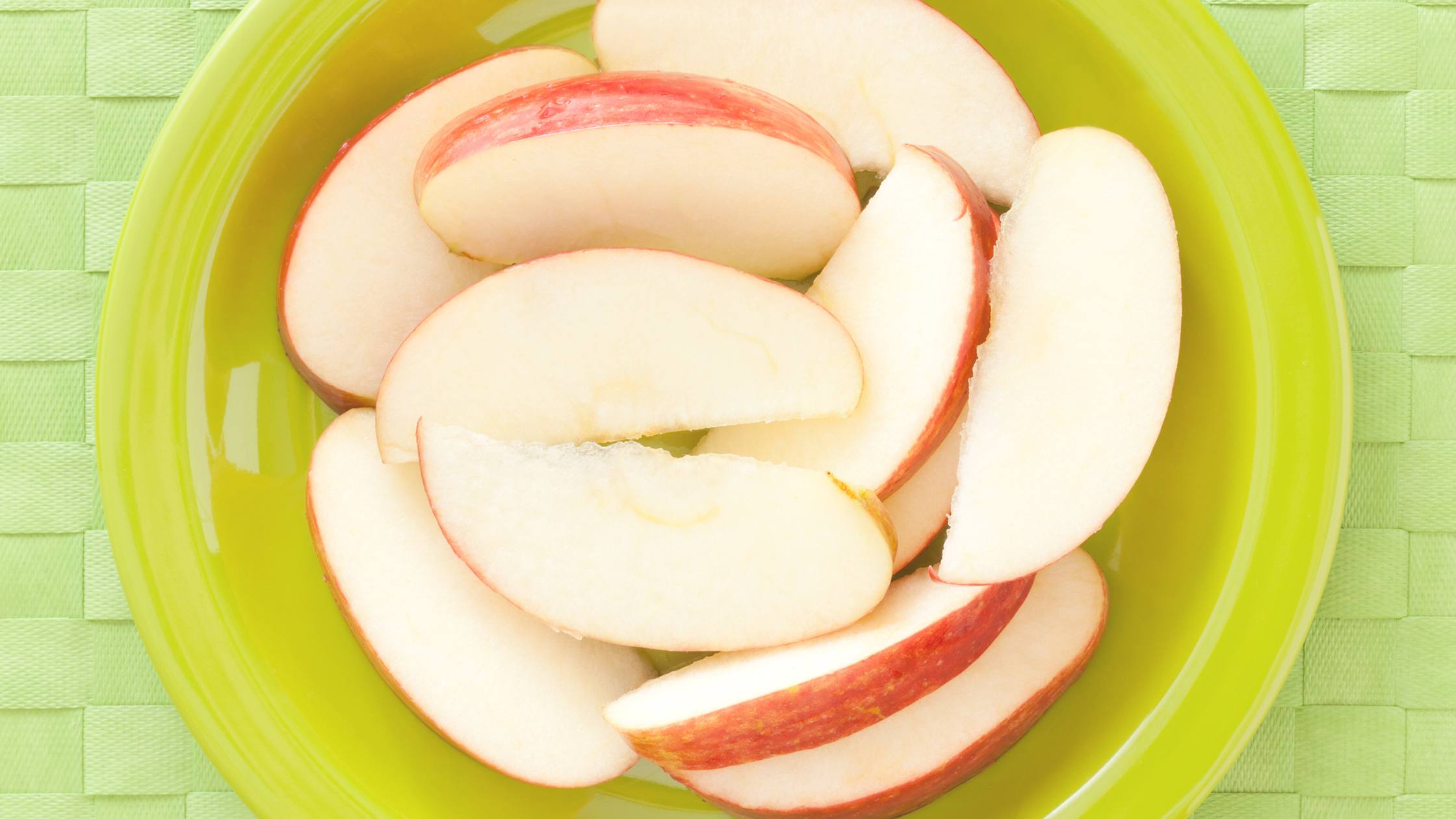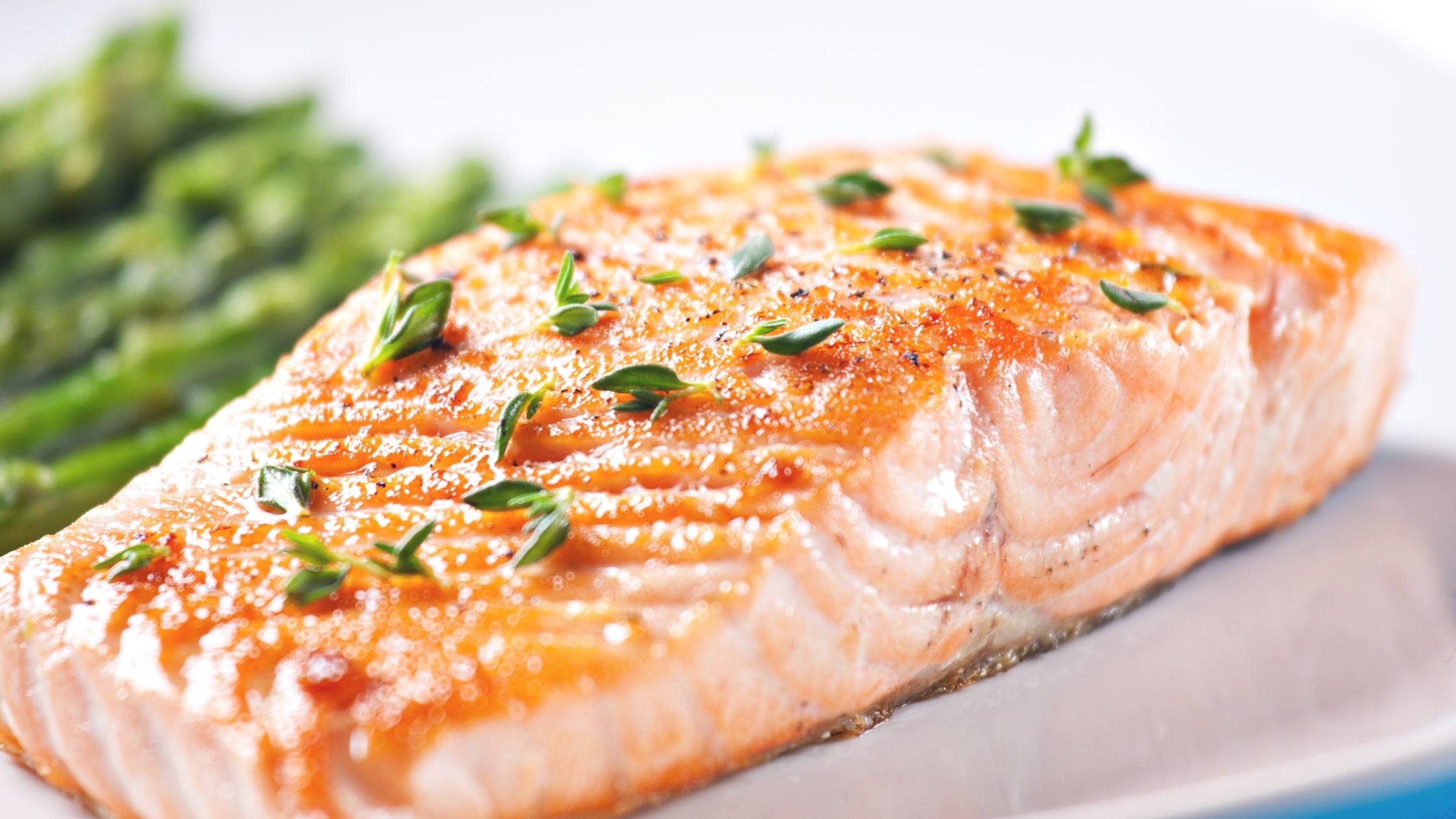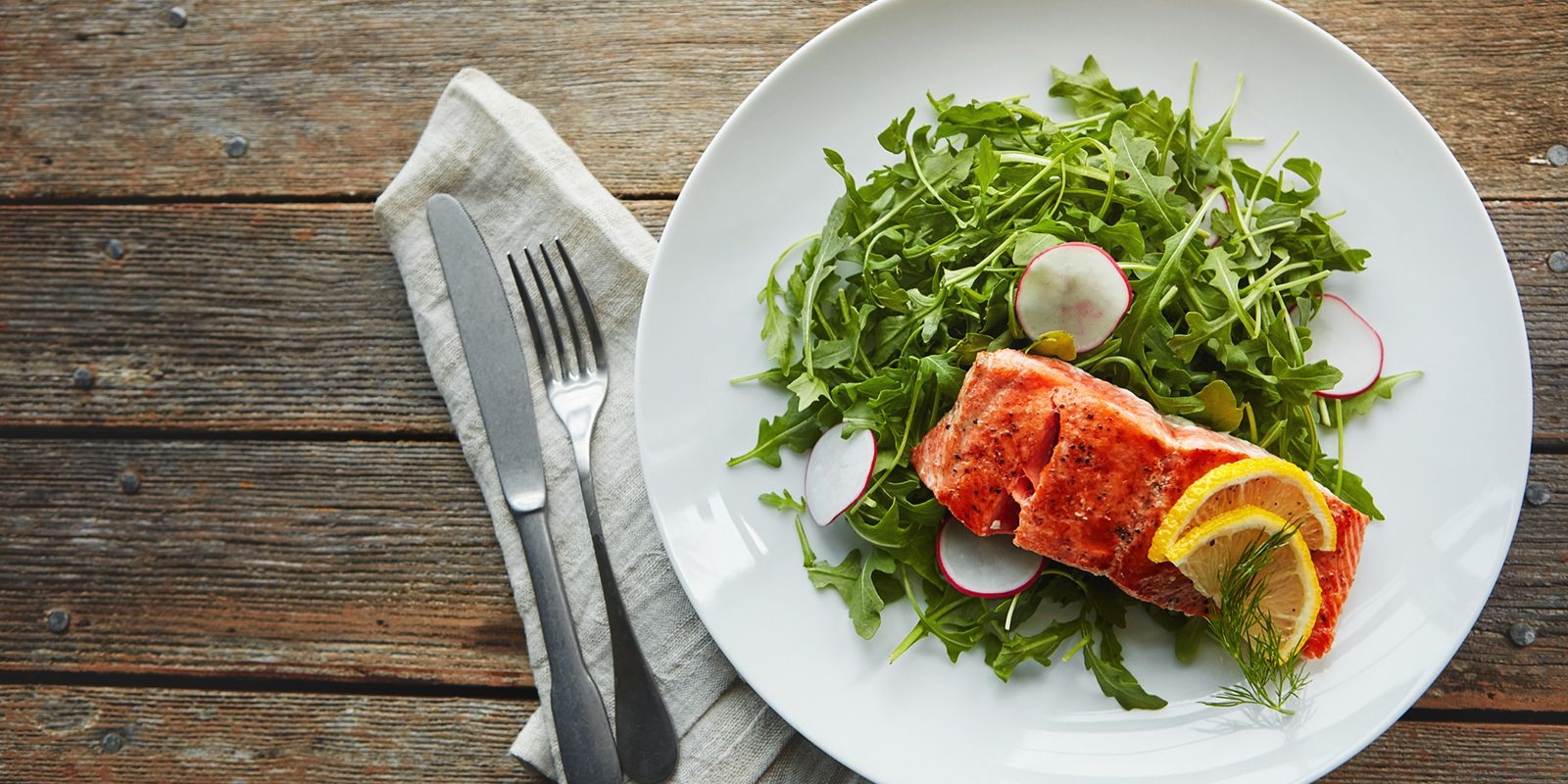You’ve probably heard that sticky, sugary snacks can damage your teeth—but what about the foods that actually help your smile?
At Bassett Creek Dental in Golden Valley, MN, we believe that good nutrition is just as important for oral health as brushing and flossing. Certain foods can naturally strengthen enamel, fight bacteria, and even reduce your risk of cavities.
Let’s take a closer look at the best foods for healthy teeth and gums—and why they belong on your plate.
Cheese: A Smile’s Best Friend
Cheese lovers, rejoice. Studies show that eating cheese can raise the pH level in your mouth, which helps neutralize acids that cause tooth decay. Cheese also contains calcium and casein, two nutrients that strengthen enamel and repair early signs of demineralization.
Best choices: Aged cheeses like cheddar, gouda, or Swiss—ideally as a snack instead of sugary treats.
Yogurt: Packed With Probiotics and Enamel-Supporting Nutrients

Yogurt is high in calcium, protein, and probiotics—all of which support both oral and digestive health. The good bacteria in yogurt may help fight cavity-causing bacteria in the mouth and reduce bad breath.
Choose plain, unsweetened yogurt to avoid added sugars.
Want to learn more? Read our related article: Oral Health Benefits of Yogurt.
Leafy Greens: Nutrient-Dense and Enamel-Friendly
Spinach, kale, and other leafy greens are loaded with calcium, folic acid, and B vitamins—all of which help keep gums healthy and enamel strong. These dark greens are low in sugar and high in fiber, making them a smart choice for both your mouth and your body.
Pro tip: Add them to smoothies, salads, or omelets for an easy way to boost your intake.
Apples: Nature’s Toothbrush

Apples are high in water and fiber, and their crunchy texture stimulates the gums and increases saliva flow. Saliva is your mouth’s natural defense system—it rinses away food particles and helps neutralize harmful acids.
While apples contain natural sugars, the act of chewing them actually helps clean the teeth. Be sure to rinse with water afterward.
Crunchy Raw Veggies: Scrub and Stimulate
Carrots, celery, cucumbers, and bell peppers are all great for your teeth. Like apples, these fibrous vegetables stimulate the gums and increase saliva production. They’re also rich in vitamins and antioxidants that benefit your overall and oral health.
Water: Your Mouth’s Best Rinse
Water is essential for hydration, but it also plays a major role in oral health. Drinking water—especially fluoridated tap water—helps rinse away food debris, balance your mouth’s pH, and strengthen your enamel.
Skip the sugary beverages and keep a reusable water bottle nearby throughout the day.
Fatty Fish: Rich in Enamel-Protecting Minerals

Fish like salmon, mackerel, and sardines are high in protein, vitamin D, and phosphorus. Phosphorus is a key mineral that works with calcium to rebuild and maintain strong teeth.
Bonus: Vitamin D helps your body absorb calcium more efficiently, so fatty fish supports enamel from multiple angles.
Garlic: Not for Fresh Breath, But Great for Gums
Garlic has natural antimicrobial properties that may help reduce harmful bacteria in the mouth. It’s particularly beneficial for gum health and can help prevent periodontal (gum) disease when paired with a healthy diet and good oral hygiene.
Try adding fresh garlic to soups, sauces, or roasted vegetables.
Why Balance Matters
Eating for oral health is a lot like eating for overall wellness. Aim for a colorful, well-balanced diet full of natural, whole foods. When possible, shop the outer aisles of the grocery store—this is where you’ll find fresh produce, dairy, proteins, and less processed items.
A healthy, balanced diet supports strong teeth, healthy gums, and a brighter smile.
Frequently Asked Questions: Diet and Oral Health
Are there specific foods that strengthen tooth enamel?
Yes—foods high in calcium and phosphorus, such as cheese, yogurt, and leafy greens, help remineralize and protect enamel.
Can what I eat really affect my risk for cavities?
Absolutely. Frequent consumption of sugary, sticky, or acidic foods can increase your cavity risk, while crunchy fruits, veggies, and water-rich foods can help prevent decay.
Is snacking throughout the day bad for my teeth?
Yes, frequent snacking—especially on carbohydrates or sweets—can keep acid levels high in your mouth, leading to enamel erosion. Try to eat meals and limit snacking between them.
What drinks are best for my teeth?
Water is the best choice, especially fluoridated tap water. Avoid sugary drinks like soda and sports drinks, and limit fruit juice and coffee.
How can I tell if my diet is affecting my oral health?
Signs like increased cavities, tooth sensitivity, or gum inflammation may point to dietary issues. Talk to your dentist or hygienist during your next visit.
Ask Us About Nutrition and Oral Health

At Bassett Creek Dental, we go beyond cleanings—we’re here to help you protect your oral health in every way, including how you eat. If you have questions about how your diet may be affecting your teeth or gums, just ask at your next appointment.
We proudly serve families in Golden Valley, Crystal, St. Louis Park, and surrounding communities across the Twin Cities metro.

